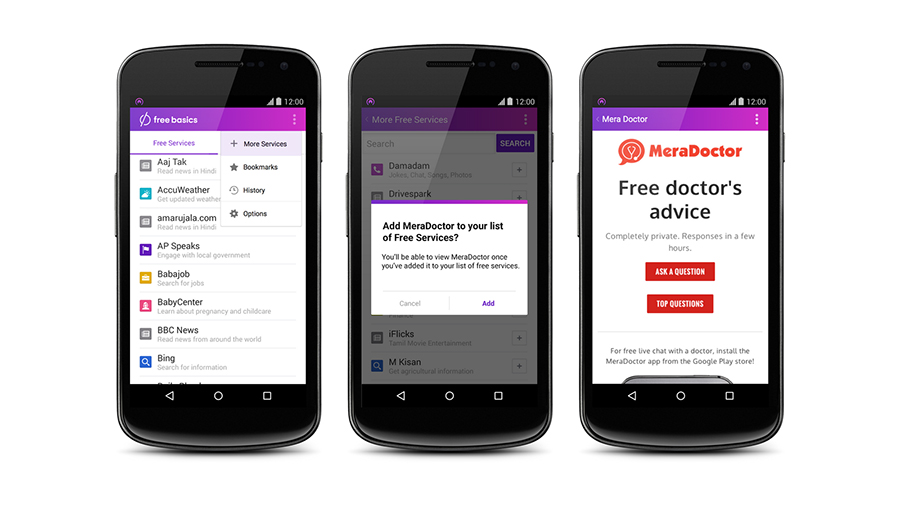Facebook Free Basics looks to new wireless tech for a boost
Starry's millimeter wave array inspires Facebook's plans?

Facebook is working on so-called "millimeter-wave technology" that it hopes will enable it to deliver super-fast internet connections over the air, according to a new patent.
The idea is that, instead of using expensive fiber-optic cables, which must be buried underground, a new wireless solution using waves on the 30-300Ghz end of the electromagnetic spectrum (the same spectrum that 5G wireless is expected to use) could be used for broadband deals.
A recently filed patent describes a "next generation data network" and explains using some highly technical language how it will work:
"It leverages the 'cloud' for data management, frequency data computation and analytics. The wireless network is a single frequency network that permits limited non-line-of-sight operation. The wireless network using packet switched beams, the beams are formed and switched electronically. It utilizes advanced signal processing to compensate for low transmit signal power and multi-path reflections that can be frequency or flat fades."
Aiming for the stars
In other words, it sounds as though it will work a bit like rival millimeter wave start-up Starry, which unveiled its plans a few weeks ago. In the case of Starry, it plans to use a network of transmitters to relay signals (perhaps perched on top of tall buildings in a dense city, like New York) as a mesh network. In the case of Facebook's patent, it then plans to use smart algorithms to ensure that signals are sent on the most efficient possible path.
If consumers want to access this network, all they need to do is get a receiver bolted on to the side of their house or apartment, which will then transmit the signal down to a regular wireless router.
The Verge discovered that the intention is that the technology – which could reach speeds many times faster than current cable internet – is intended for use in the "Free Basics" program. This is the freebie data access which the company wants to offer in the developing world, which earlier this week was banned in India for violating net neutrality rules.
Sign up for breaking news, reviews, opinion, top tech deals, and more.
Naturally, using millimeter waves for this purpose makes a whole lot of sense, given that countries like India are comparatively behind in wired infrastructure. And, if it works well, don't be surprised if we start seeing it deployed further worldwide, too. Now, you have to wonder what Google thinks about all this.
(Via Engadget)